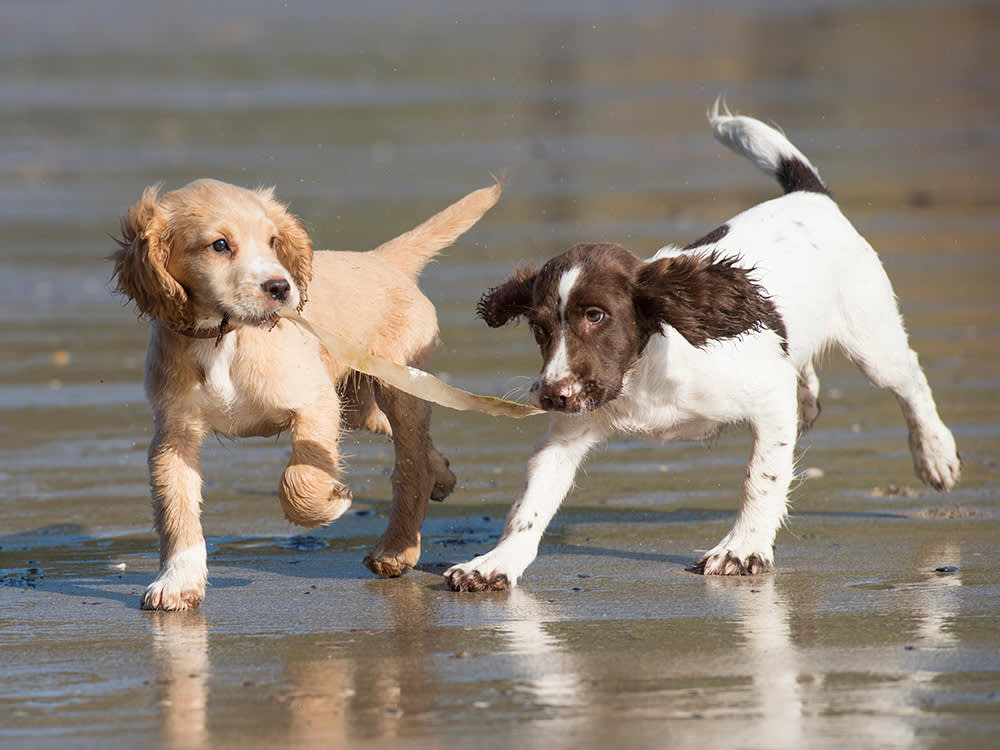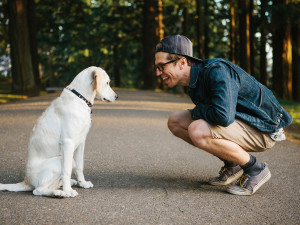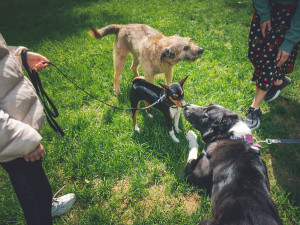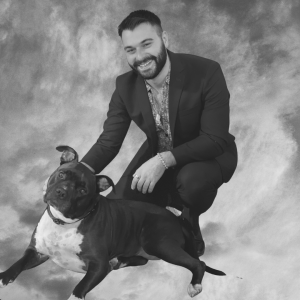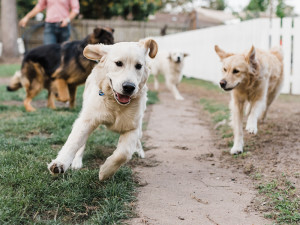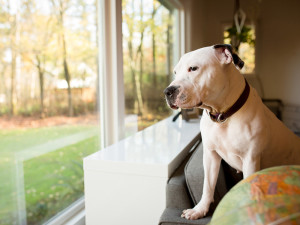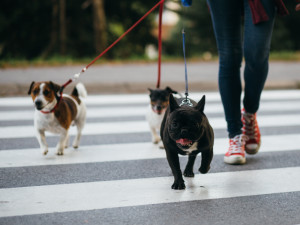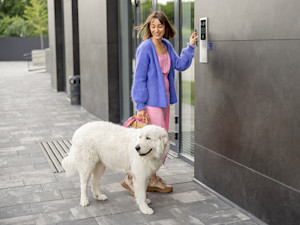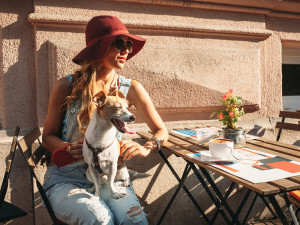Here’s Why You Need to Socialize Your Dog ASAP
Waiting until full vaccination to socialize can cause huge problems for your pup.
Everybody loves a meet-cute. Whether it’s Julia Roberts bumping into Hugh Grant at a bookstore or Billy Crystal and Meg Ryan reluctantly carpooling from Chicago to New York City, a heavily orchestrated, yet charming, encounter never gets old. Hell, some recent rom-coms have even decided that’s pretty much allopens in new tab a flick needs to work. With that in mind, you’d think vets would be more on board with the puppy version, but they are far from it. Most veterinary professionals strongly advise against any puppy socialization until they are fully vaccinated. And while their hearts are in the right place, sheltering young dogs from the world can result in major issues later on.
Not unlike most of my past relationships, the core issue with puppy socialization seems to be how you define it. “Most people get socialization wrong and think it is allowing their new puppy to play and interact with other dogs. As this poses a huge risk to unvaccinated puppies, vets have always said to wait until fully vaccinated to socialize,” says Charlie DiBono, trainer and founder of Body and Mind K9opens in new tab in Long Beach, California.
What does it actually mean to socialize puppies?
DiBono explains that puppy socialization is about much more than just meeting other dogs; it involves introducing pets to the world. The first three or four months of a dog’s life are critical to how they will respond and interact with their surroundings going forward. This can create a bit of a problem because this window typically overlaps with the last round of vaccinations. But if you give your pup the full bubble-boy treatment, whenever they’re faced with new stimuli they will mirror anyone under the age of 35 trying to navigate the NYC subway system without a smartphone — terrified.
“After the crucial socialization period ends at 16 weeks, puppies begin to meet everything with fear. Prior to this, they are much easier to rebound after a ‘scary’ moment,” DiBono says. And this fear can manifest as more than sole anxiety. If a puppy views anything unfamiliar as scary, behavioral issues can begin to develop. Leash, animal, and human reactivity are all potential risks of shielding your puppy from the outside world.
How much do you spend on your pet per year?
“By properly socializing your puppy at a young age, their quality of life will be significantly better. They won’t live their life fearful, you won’t have to spend time worrying how they are going to react to someone or something, and when training is continued into the puppy’s adult life you will end up with a well-rounded dog who can go with you everywhere,” DiBono adds.
How can you keep your dog safe, pre-vaccines, while socializing them?
To be clear, this is not to say vaccines are unimportant or unnecessary. You should 1,000 percent not bring your pup to a dog park until they’ve had their shots. Just because the NFL lets Aaron Rodgers roll around in the dirt with his peers unvaccinated, doesn’t mean it’s a good idea for your dog to do it. If you did, it would leave your puppy vulnerable to a slew of dangerous conditions like parvovirus, leptospirosis, or distemper — all of which they can get from contact with other dogs.
Now, that might initially seem like a tricky situation to navigate. How do you prioritize socialization without affecting your dog’s health ahead of full vaccination? According to DiBono, finding a puppy preschool class with only pups between the ages of eight and 16 weeks is the ideal solution. “A good puppy preschool will introduce novel stimuli in a low-stress and positive way for the puppies, as well as help educate puppy parents on basic puppy manners such as mouthing, house training, body conditioning, and the beginning factors of how puppies learn,” he adds.
DiBono notes that puppy preschool is a fairly low-risk endeavor, especially in comparison to the alternative — withholding your pet from reality. He confirms that most will require all puppies to have at least one round of vaccines and parents sign a contract stating they won’t be around other dogs or go to dog parks. This ultimately helps keep the puppies healthy, while allowing them the benefits of socialization.
Another solution: You can safely take your dog everywhere you go.
That being said, if you are unable to find or afford puppy classes nearby, there is a homeschool option. Carefully permitting your pup to accompany you while traversing daily life will help accommodate them to various stimuli and everyday encounters. This will, in turn, minimize the risk of fear-based behavioral issues.
“Whether or not you can find a puppy class near you, a new puppy parent should be taking their puppy everywhere and working on their puppy being neutral in new situations. Teaching your puppy to engage with you around other people and dogs will set you up for great success as they age,” DiBono says.
